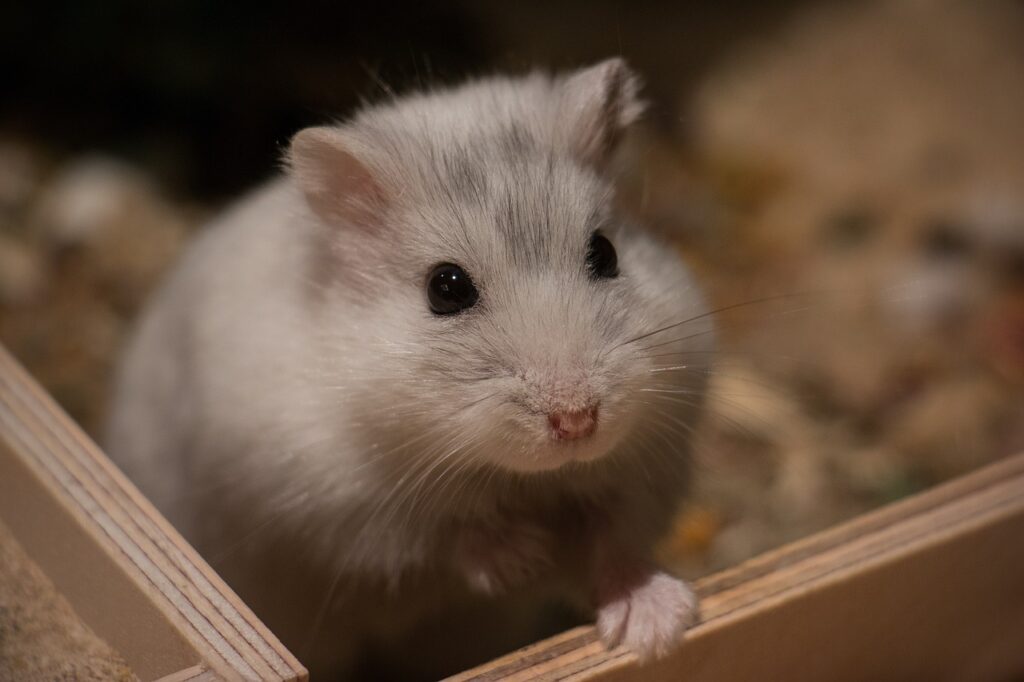Can Hamsters Eat Meat — Exploring the Nutritional Needs of Our Tiny Friends
Hamsters are adorable little creatures that bring joy and companionship into our lives. As loving pet owners, it’s only natural to wonder about the dietary requirements of our furry friends. One common question that arises is whether hamsters can eat meat. In this blog, we will delve into the nutritional needs of hamsters and explore whether including meat in their diet is a safe and beneficial choice.
Understanding the Benefits of Including Meat in a Hamster’s Diet
When it comes to discussing the advantages of offering meat to your hamster, it’s important to consider their natural dietary habits. In the wild, hamsters are opportunistic omnivores, meaning they consume a variety of food sources including both plants and insects. Meat can provide essential nutrients such as protein, iron, and B vitamins that contribute to their overall health and well-being.
However, it’s important to note that hamsters do not require a large amount of meat in their diet. A small, occasional serving can be sufficient to meet their nutritional needs. It is crucial to maintain a well-balanced diet by including a variety of other food sources that cater to their specific dietary requirements.
The Recommended Frequency and Quantity of Meat
While it is safe for hamsters to consume meat, it is vital to control the frequency and quantity. Too much meat can lead to digestive issues and obesity. As responsible pet owners, it is advised to offer meat as a treat rather than a staple food. A small piece of cooked, lean meat, about the size of a pea, once a week can be a suitable option to supplement their diet.
Potential Cautions for Feeding Meat to Hamsters
Although hamsters can tolerate meat in their diet, there are some precautions to keep in mind. Firstly, avoid feeding them processed or seasoned meats that contain additives like salt, spices, or sauces as these can be harmful to their delicate digestive systems. Raw meat should also be avoided due to the risk of bacterial contamination.
It is crucial to cook the meat thoroughly and remove any bones, as they can pose a choking hazard or cause injury to your hamster. Additionally, always introduce new foods gradually to monitor your hamster’s reaction and ensure they tolerate the meat well without any adverse effects.
Sharing Meat with Other Pets—What You Need to Know
While we have established that hamsters can safely consume meat, it’s important to consider other pets that may share the same household. Some common household pets like cats and dogs are carnivores, and their nutritional needs differ significantly from those of hamsters. Therefore, it is not recommended to feed meat meant for hamsters to other pets, as it may not provide them with the necessary nutrients for a balanced diet.
Conclusion — A Balanced Approach to Hamster’s Diet
In conclusion, it is safe for hamsters to consume meat as part of a well-balanced diet. Providing a small amount of lean, cooked meat as an occasional treat can contribute to their overall nutritional intake. However, it’s crucial to moderate the quantity, avoid processed or seasoned meats, and ensure proper cooking to safeguard their health. Remember, a healthy and happy hamster is a result of responsible feeding and meeting their specific dietary requirements.






